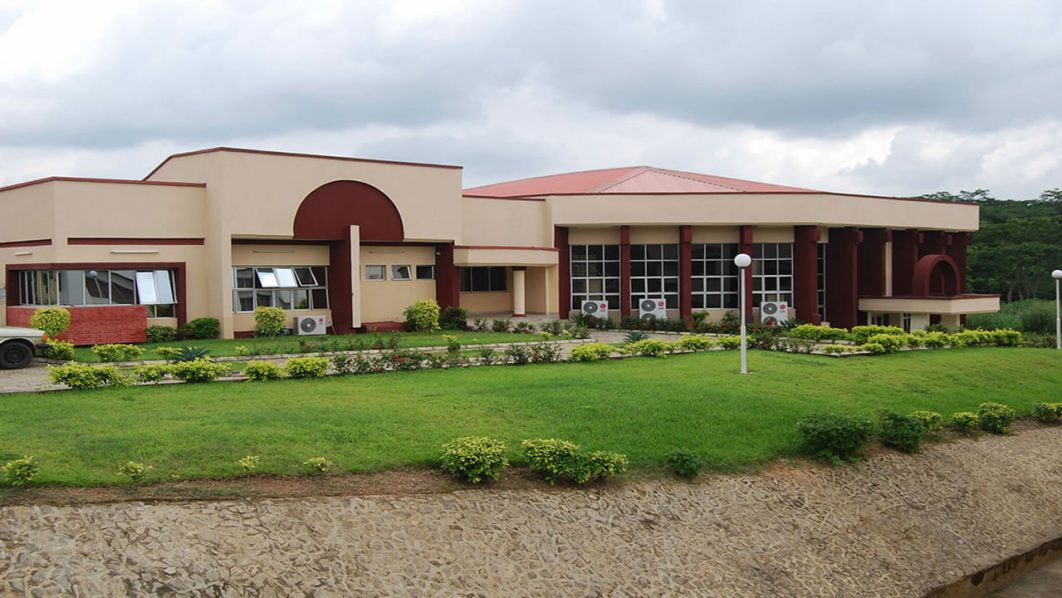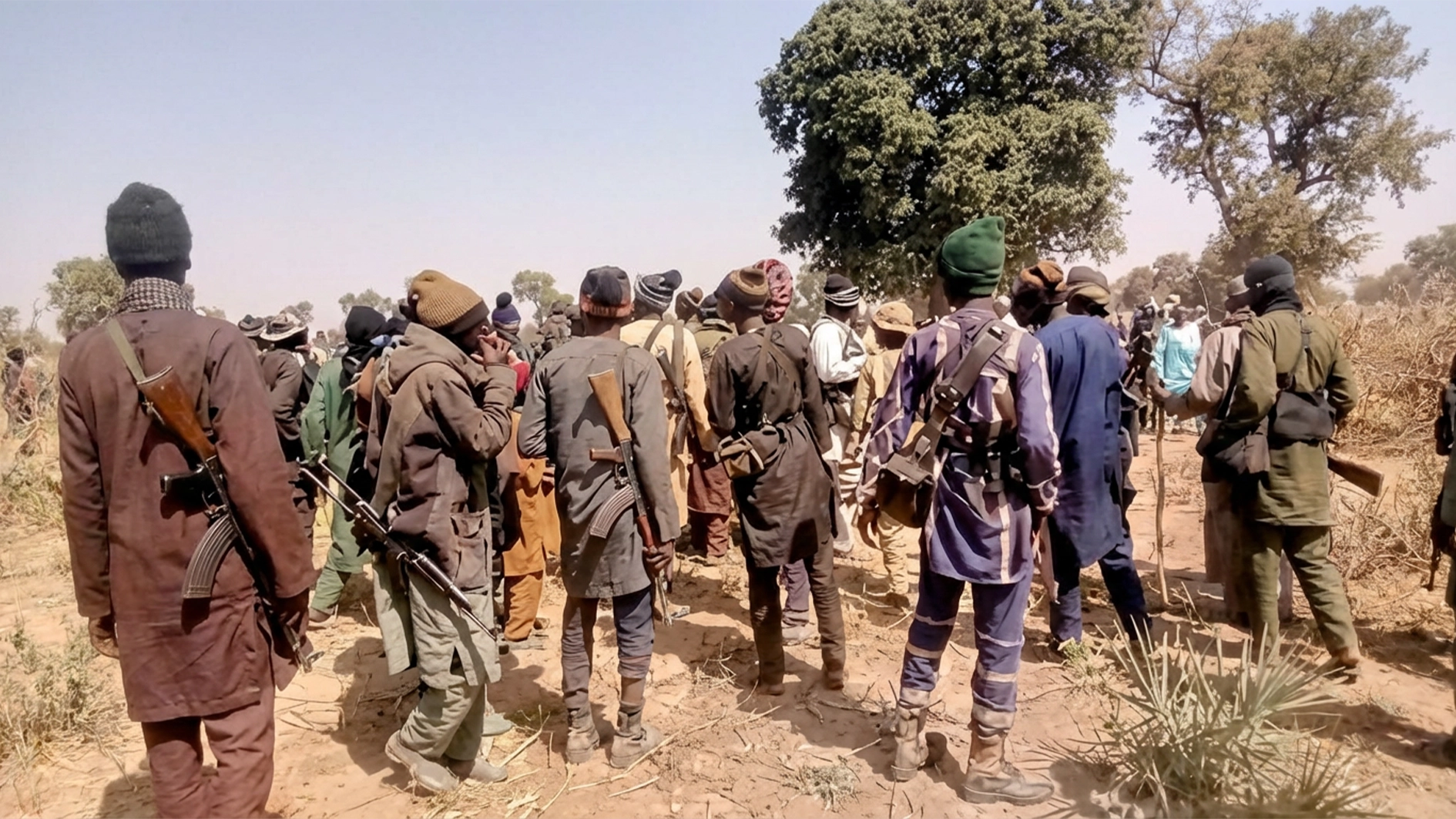
The National Centre for Technology Management (NACETEM) is set to collaborate with various organizations to leverage technology and make blood donation more easily accessible and convenient for Nigerians.
The initiative aims to promote the use of technology and innovation to increase blood donation in the country.
The Guardian reports that NACETEM is an agency under the Federal Ministry of Innovation, Science, and Technology.
Speaking at a sensitisation programme on the blood donor hub management application in Abuja, the Centre’s Assistant Chief Researcher, Eze Emmanuel, said it would partner with the National Blood Service Commission as well as the Nigerian Institute of Medical Research to create a hub and make it easier for Nigerians to locate blood donors from the comfort of their own homes.
He said the initiative would also involve the supply of blood to health facilities using drone services.
“So, from the comfort of people’s homes, they would be able to register without going to queue or going through administrative processes which could be bureaucratic. Then, they would be able to schedule a time for them to donate blood to those who need it.
“The special case this year was in the Jos Plateau, where we heard of the collapsed building, and the Plateau State government was asking people to donate blood.
[ad
“But we were yet to launch the app, so there was nothing we could do. But we believe that in subsequent scenarios, they would be able to pick up the data of people who are injured and ask for blood through this application that we have,” he said.
READ ALSO:NACETEM tasked on innovation to boost blue economy
He said the initiative is currently undergoing refinement and a wider awareness campaign before its official rollout.
In her presentation, Dr. Evelyn Abraham of the Pediatrics Department, Maternal and Child Centre, Lagos, emphasised the importance of achieving a 100% voluntary non-remunerated blood donation system, as advocated by the World Health Organization (WHO).
She said this system is considered the backbone of blood safety and transfusion.
She, however, lamented that the current blood donation rate in developing countries is alarmingly low, with only five donations per 1,000 people, compared to 33 donations per 1,000 people in developed countries.
The WHO estimates a staggering shortage of 118.5 million blood donations in low-income countries, highlighting the need for increased voluntary blood donations.
To address this challenge, Dr. Evelyn stressed the importance of innovation in transforming Nigeria’s blood donation landscape.
She noted that 75% of blood in Nigerian blood banks comes from commercial donors, emphasising the need for a shift towards voluntary donations.
Evelyn said that by strengthening regulatory frameworks and promoting the use of blood donor hubs, Nigeria can work towards achieving a safe and sustainable blood donation system.






